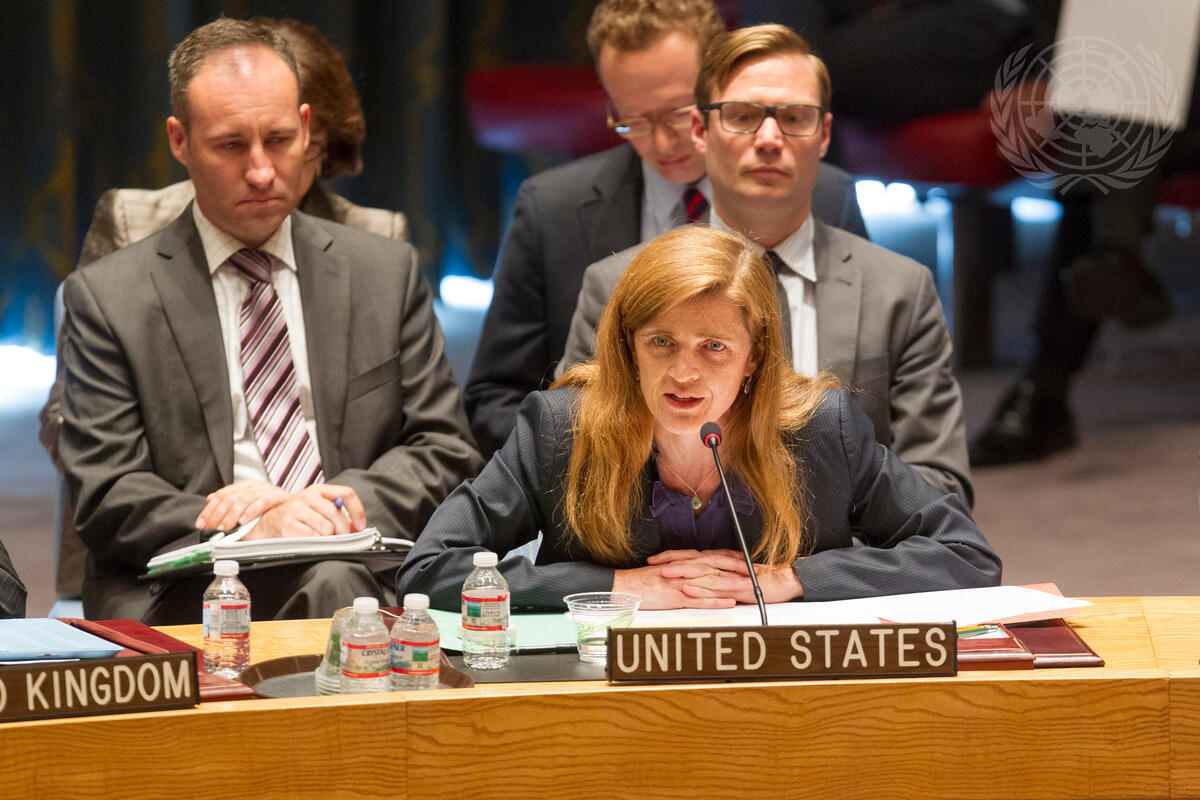In a recent statement, U.S. Agency for International Development (USAID) Administrator Samantha Power expressed gratitude to United Nations Secretary-General António Guterres for his diplomatic efforts in facilitating the opening of the Adré border crossing between Chad and Sudan. This crucial corridor is vital for delivering humanitarian aid to hundreds of thousands of individuals facing severe famine in Sudan.
Significance of the Adré Border Crossing
The Adré border crossing has been a lifeline for aid delivery, allowing essential supplies to reach communities in dire need. Power emphasized the importance of this route, stating, “The opening of the Adré border is critical for scaling assistance to those suffering from famine in Sudan. We must ensure that this corridor remains open and operational.”
However, she raised concerns regarding the Sudanese authorities’ reluctance to extend the agreement governing the crossing, which is set to expire on November 15, 2023. Without an extension, the closure of this vital access point could exacerbate the humanitarian crisis affecting millions in Sudan.
Engagement with Sudanese Armed Forces
During their discussions, Power and Guterres also addressed the necessity of engaging with the Sudanese Armed Forces and the Rapid Support Forces to ensure the safe passage of humanitarian workers and supplies across conflict lines. With an estimated 25 million people in urgent need of assistance, ensuring unhindered access for aid organizations is essential for alleviating the suffering of those affected by the ongoing violence and instability.
“Humanitarian access must be guaranteed,” Power insisted. “It is imperative that all parties involved in the conflict recognize the need for safe and unimpeded access for humanitarian operations.”
The Broader Humanitarian Context
Sudan has faced escalating conflict and humanitarian challenges since the power struggle following the ousting of long-time leader Omar al-Bashir in 2019. The recent escalation of violence, coupled with economic instability and the impacts of climate change, has contributed to a worsening famine situation.
International organizations, including the UN, are working tirelessly to provide emergency assistance, but challenges persist. The commitment from the Sudanese authorities to keep vital access points open is crucial for delivering life-saving aid and preventing further deterioration of the humanitarian situation.
Conclusion
Administrator Power’s recent comments underscore the urgent need for sustained international engagement and cooperation to address the humanitarian crisis in Sudan. As the expiration date for the Adré border crossing agreement approaches, the focus remains on ensuring that this critical route remains open and that humanitarian aid can reach those in desperate need. The collaboration between the U.S., the UN, and Sudanese authorities will be essential in navigating these challenges and providing relief to millions affected by the ongoing crisis.
References
- U.S. Agency for International Development. (2023). Administrator Samantha Power Thanks UN for Support in Sudan. Retrieved from USAID.gov.
- United Nations. (2023). UN Secretary-General António Guterres on Humanitarian Access in Sudan. Retrieved from UN.org.
- BBC News. (2023). Sudan’s Humanitarian Crisis: The Role of International Aid and Diplomacy. Retrieved from BBC.com.
- Reuters. (2023). Challenges in Delivering Aid Amid Sudan’s Ongoing Conflict. Retrieved from Reuters.com.



